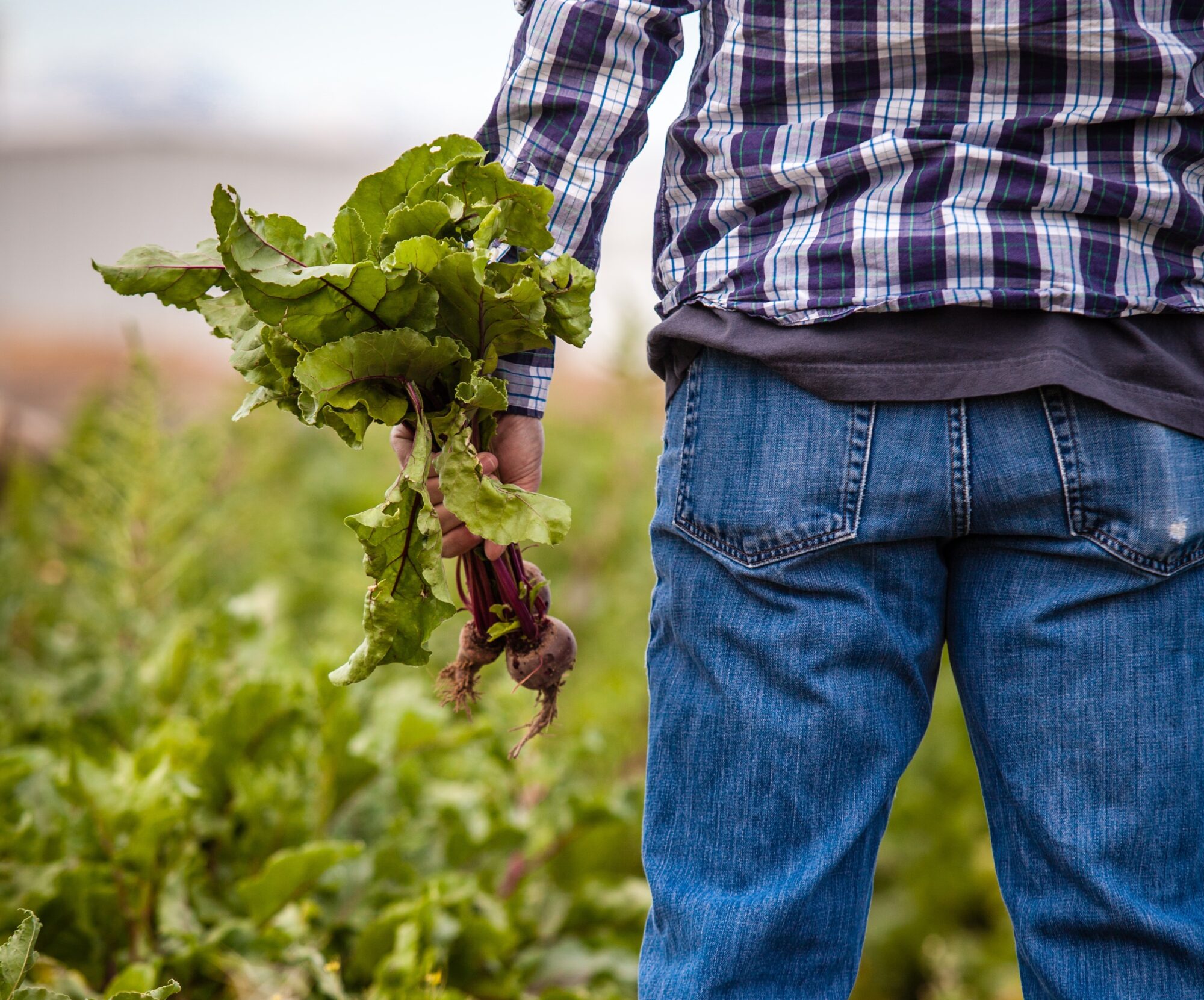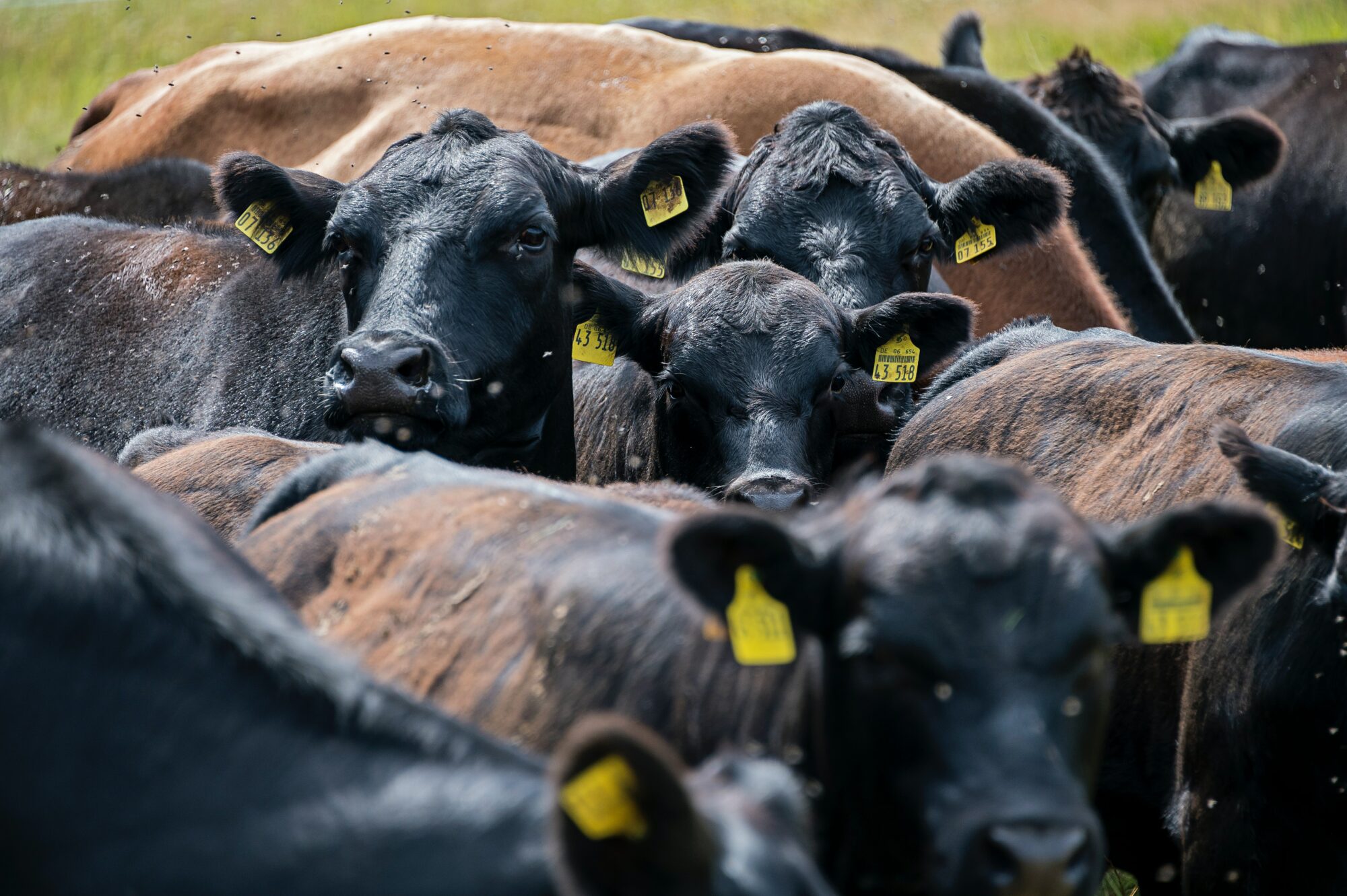The national plan for food, unveiled last year, has some sound recommendations, some of which will be heavily data dependent, as Julian Gairdner explains.
I’ve been reflecting on Henry Dimbleby’s National Food Strategy report these past few weeks.
Henry presented his update to the finalised project at this year’s online Oxford Farming Conference in January. The report is wide ranging in its breath of coverage but also remarkable in its relative brevity and common-sense to refine complex issues into a series of coherent recommendations.
Among those 14 recommendations, it was Recommendation 11 (investing £1bn in innovation to create a better food system) and Recommendation 12 (create a national food system data programme) that particularly pricked my interest.
It was particularly pleasing to note the report placed significant value on the role of farmer-led innovation. It said: “The UK spends on agricultural research and development around as much as France and twice as much as New Zealand but has seen slower productivity growth than either of those countries, relative to agricultural turnover”.
That’s why, the report argues, the £280m Defra has already earmarked for innovation through its Agricultural Transition Plan must ensure that a “full spectrum of farmer-led approaches” is supported. This is a good thing. We know that much of the problem in the UK is the ineffective translation of scientific research to action on the ground. Farmers are key.
Allied to this was a recommendation to fund two “What Works” centres along the lines of others that already exist such as the National Institute for Health and Care Excellence (NICE).
In the case of agriculture, the work done by the Food and Drink Sector Council’s Agricultural Productivity Working Group in conceptualising (and piloting) the Evidence for Farming Initiative (which itself took its lead from Design Thinking work we led on behalf of the Agriculture and Horticulture Development Board) should form the basis to one of the centres. The EFI has demonstrated through its net zero pilot that it has the potential to translate the farmer-led R&D that Defra will be funding into quality-assured guidance for policy makers, farmers and their advisors.
Recommendation 12 is particularly interesting being as it is based around setting up a National Food System Data Programme. The purpose of this, the report says, is to collect and share data so that the businesses and other organisations involved in the food system can track progress and plan.
The overall tenet of this recommendation is, I believe, sound particularly as it seeks to bridge the gap between what goes on on the land with what happens beyond the farm gate. But it does raise some points for consideration too:
- It will be vital to ensure that the bridge is sound. The report describes beyond the farm gate as being “data on food production, distribution and retail, and the environmental and health impacts of that food”. To my mind, food production starts behind the farm gate and its environmental impact has every bit as much to do with what occurs on the farm as how it is then distributed. Scope three emissions are a good example of this and we are working closely with food retailers and processors on accessing, analysing and providing insights on permissioned farm data to help connect the environmental footprint of farm product with what happens further down the chain. In creating a “single programme” as the report suggests, it will be vital that there is a properly holistic vision for data flow upstream, within and downstream of the farm gate and not assume these things fall into neat unconnected silos.
- The report highlights a need for “setting baseline data definitions, standards and hierarchies”. This is necessary and welcome but I hope the government does not seek to reinvent the wheel here. It is true there remain significant gaps in this area, but we and others are already developing and working with internationally recognised standards around farm data and it will be vital this is leveraged and not ignored.
- The teams behind the programme should, the report says “broker agreements with third parties – such as retailers or unions – to fill these [data] gaps without breaching confidentiality”. This, necessarily, implies permissioned data – without it there will be no trust. We have been working tirelessly in the development of our Pure Farming data platform to put data originators (very often farmers) in control of who can access their data and under what terms and conditions it can be used. Our scalable permissioning engine is something that could be leveraged towards this objective of the report and again I would encourage the government to look towards industry experience and successes and not build again what already works.
- The dynamic between the private the public sector will be vital in the pursuance of a National Food System Data Programme. While government has the power to convene and coordinate and impose legal obligations on data reporting (and sharing), it does not always have the best track record in IT/data projects in the agrifood space. In some cases, industry has cracked on despite government, not because of it. The building of trust in the sharing and use of data is vital (trust is the number one focus in our business) and some precedents are starting to be set (including codes of practice for data sharing) that would add value to the programme if government wants to engage.
- The proposed budget of £3.5m a year over three years does not feel enough. Data programmes such as these are notoriously thorny and complicated and I do not see the full aims being achieved for this amount – and certainly not within the timeframe.
For our business, we feel well placed to support what is in recommendations 11 and 12. Fundamentally, those recommendations point to a strong need for findable, accessible, interoperable and reusable data on or about farming businesses that has attached to it the relevant permissions and authorisations for a defined use. In Pure Farming we have such a solution that is designed to ingest, standardise and cleanse, permission and deliver data for myriad use cases, providing farmers (and other data originators) with confidence that their data will be used appropriately.


